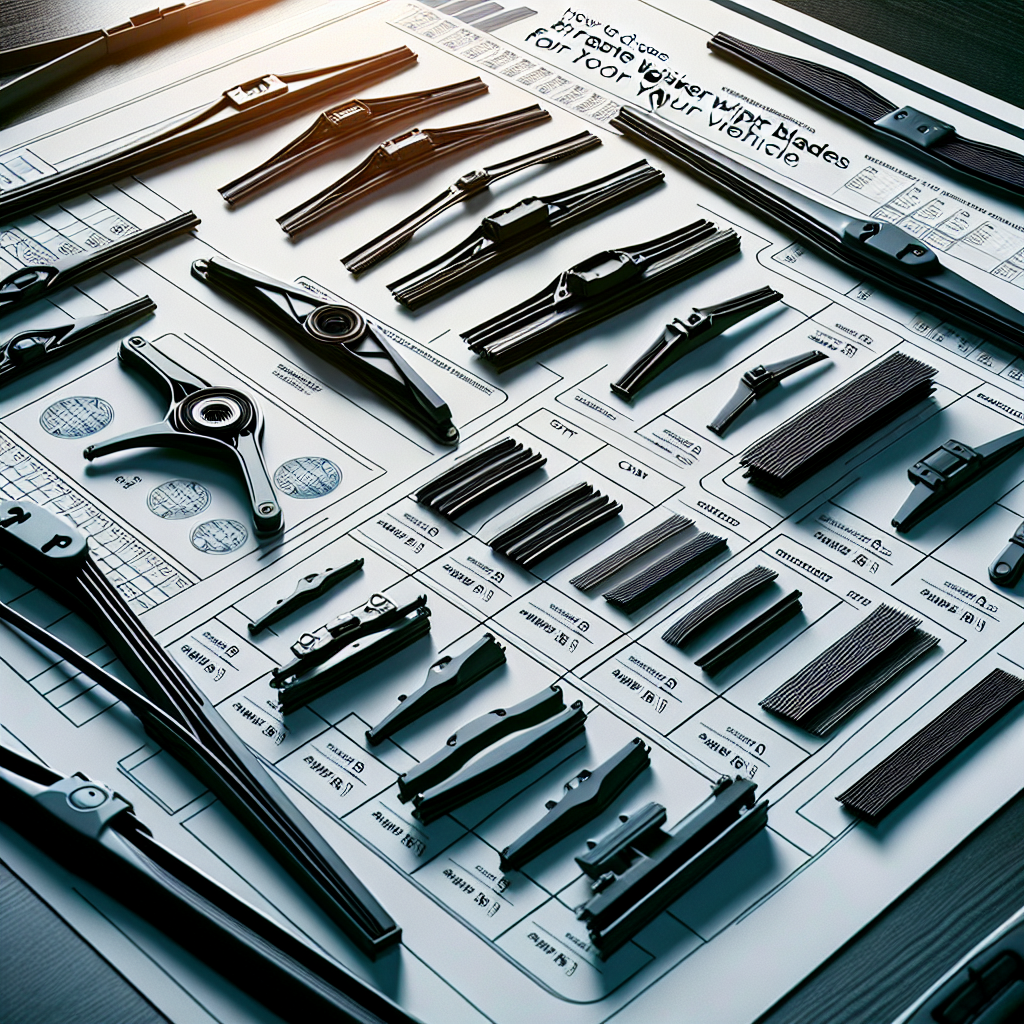As we advance into an era where automotive technology meets sustainability and high performance, European car manufacturers are at the forefront of this transformation. Innovative design and engineering prowess are redefining what it means to drive, making the roads safer, more efficient, and environmentally friendly. This article explores some of the most groundbreaking designs by European automakers that are shaping the future of transportation.
One of the standout innovations in recent years has been in electric vehicle (EV) technology. European companies like Volkswagen, BMW, and Volvo have rolled out EV models that not only offer impressive range but also boast advanced features that appeal to the modern consumer. Volkswagen’s ID.4, for instance, incorporates smart infotainment systems, autonomous driving capabilities, and a design that maximizes aerodynamics for greater efficiency. The ID.4 is more than just an electric SUV; it symbolizes Volkswagen’s commitment to a sustainable future. Learn more about Volkswagen’s initiatives here.
BMW is another player making significant strides with its iNext series, which is set to introduce next-level autonomous driving features and a fully electric powertrain. The iNext merges luxury with advanced tech, offering continuous software updates, exceptional safety features, and zero emissions. These innovations reflect BMW’s vision for connected and eco-friendly transport.
Volvo, a brand long associated with safety, has embraced electrification with the XC40 Recharge. This all-electric SUV carries forward Volvo’s legacy of robust construction but adds a slew of tech-centric features. From real-time data sharing among vehicles to pre-emptive safety measures, Volvo is ensuring its footprint in the future landscape of automotive safety and technology.
Meanwhile, traditional combustion engines haven’t been left behind. Firms like Audi and Mercedes-Benz are leveraging hybrid technology to deliver outstanding performance with reduced environmental impact. Audi’s e-tron models combine gasoline engines with electric motors, lowering overall emissions without compromising the driving experience.
Mercedes-Benz, synonymous with luxury, is integrating Artificial Intelligence and Machine Learning into its vehicles with the MBUX (Mercedes-Benz User Experience) system. This system learns the driver’s preferences over time, making personalized suggestions for navigation, entertainment, and vehicle settings. The utilization of AI not only enhances convenience but also aims to improve safety by reducing driver distraction.
It’s not just the cars themselves that are undergoing revolutionary design changes; the very infrastructure supporting these vehicles is evolving. Electric charging networks are expanding rapidly across Europe, driven in part by stringent regulations and government incentives. Companies like ChargePoint and Ionity are installing high-speed charging stations at strategic locations, ensuring that EV owners can travel long distances without range anxiety.
Autonomous driving is another arena where European automakers are making headway. Audi’s AI:ME and BMW’s Vision iNEXT concepts are pushing the boundaries of self-driving technology. These vehicles come equipped with an array of sensors, cameras, and AI algorithms designed to navigate complex traffic scenarios autonomously. The future promise is not just convenience but a drastic reduction in road accidents caused by human errors.
The pursuit of sustainability is evident not only in the powertrains but also in the materials used for car manufacturing. Brands like Jaguar Land Rover are exploring the use of recycled aluminum and other sustainable materials to reduce their environmental footprint. This holistic approach—focusing on both eco-friendly production and disposal—shows that the auto industry’s commitment to sustainability goes beyond just electrification.
In conclusion, European car manufacturers are not merely riding the wave of technological advancements but are also instrumental in driving the future of transportation. From electric and hybrid vehicles to autonomous driving and sustainable manufacturing, these innovations are setting new standards that other regions are likely to follow. As these technologies mature and become more affordable, the vision of a safer, more efficient, and greener transportation ecosystem appears increasingly within reach.


